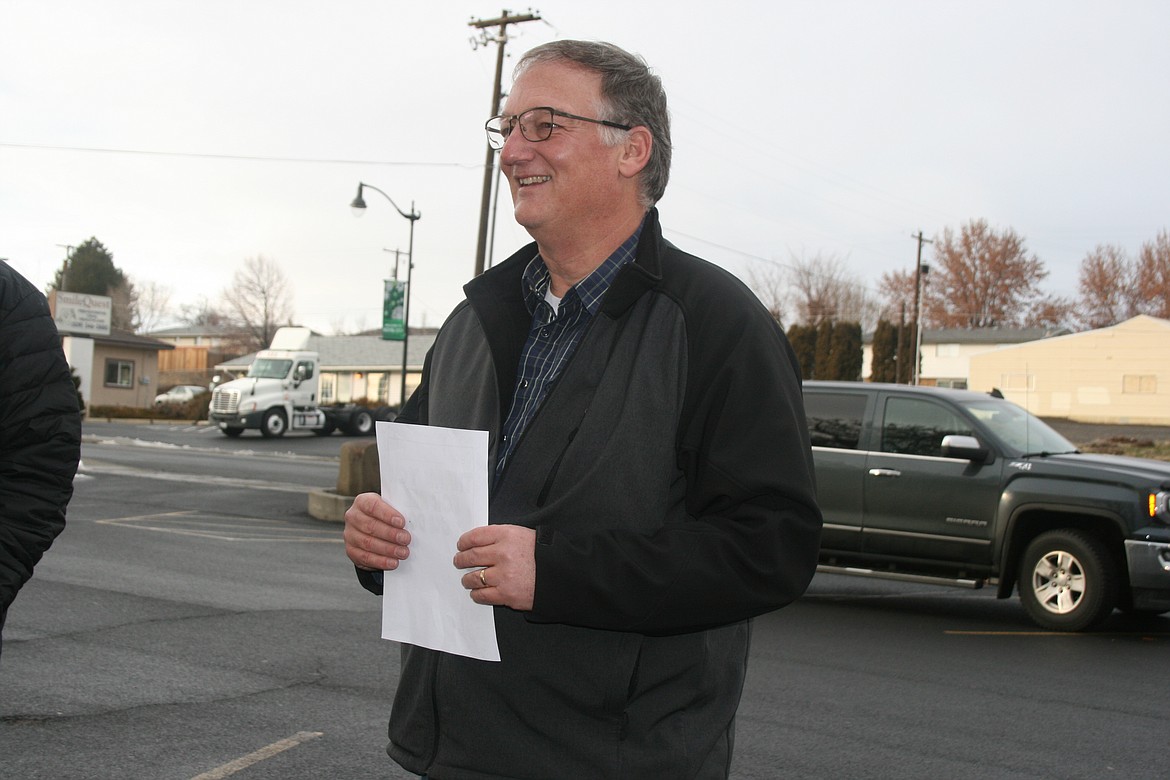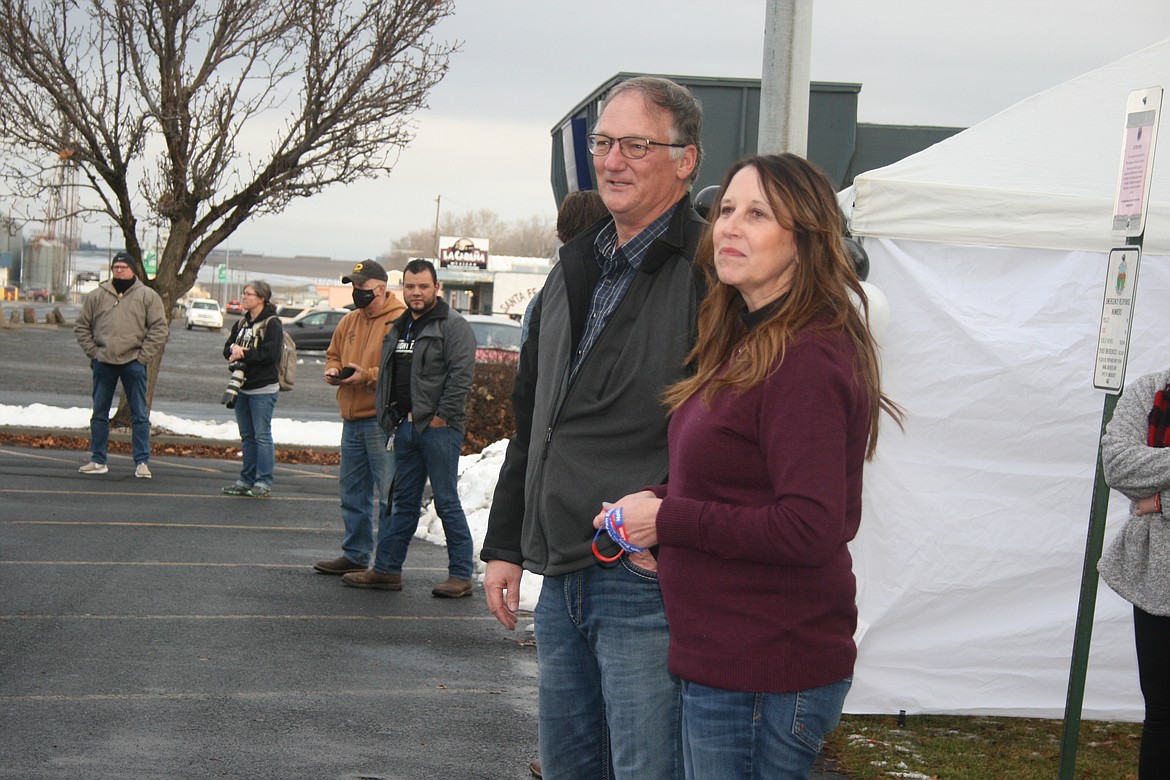'There's hope': Former Royal City Police chief details importance of attention to mental health
ROYAL CITY — Darin Smith said his law enforcement career, his experiences and their impact on him emphasized the importance of paying attention to his mental health.
Become a Subscriber!
You have read all of your free articles this month. Select a plan below to start your subscription today.
Already a subscriber? Login




